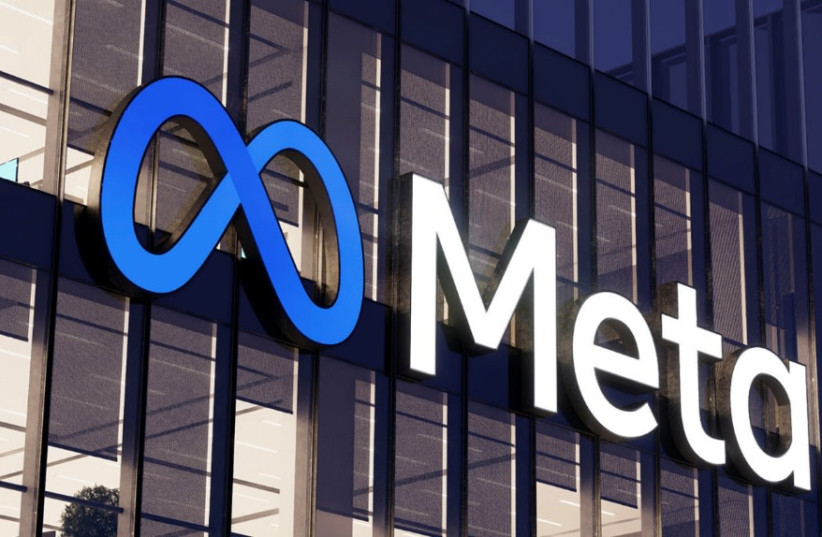The Israel-based Non-Governmental Organization Fighting Online Antisemitism (FOA) issued a position paper to Meta, requesting that the social media giant clarify its policies on anti-Zionist conflict.
The paper asked that Meta address the “challenge” of distinguishing between legitimate criticisms of Israel and antisemitic content during its content moderation processes.
As part of the appeal, FOA proposed Meta designate “Zionist” as a protected term in specific contexts. FOA said that this would “ensure that content moderation reflects a comprehensive understanding of modern antisemitism and prevents its distortion.“

When should 'Zionist' be a protected term?
The specific contexts in which FOA requested that “Zionist” become a protected term is in content that calls for “Calls for violence or harm to “Zionists,” in cases of dehumanization, when used alongside classical antisemitic tropes, and where the word “Zionist” is used as a substitute for Jews.
